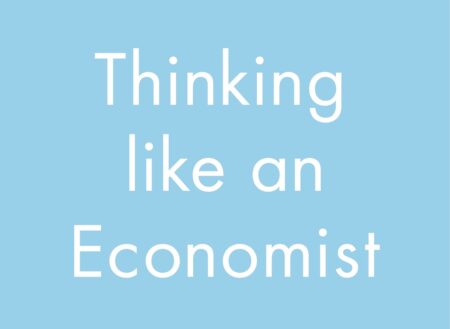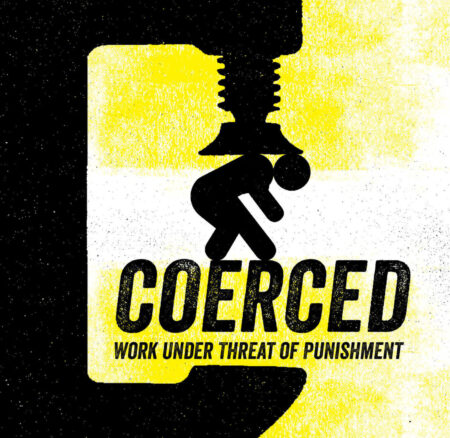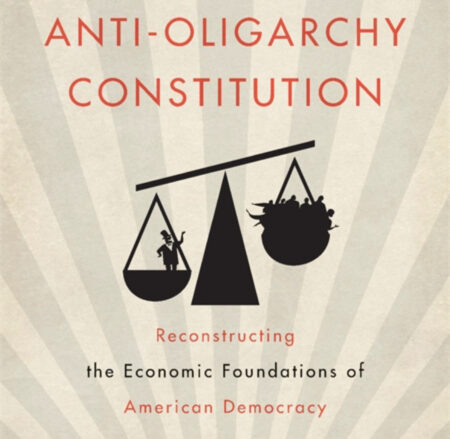
The Limits of “Thinking like an Economist”
Why have Democrats remained committed to an incrementalist, modestly ambitious vision of governance, even as the country has faced unprecedented challenges? One critical yet underappreciated piece of the explanation is the rise of a distinctive “economic style of reasoning” that has become prevalent in Washington.





